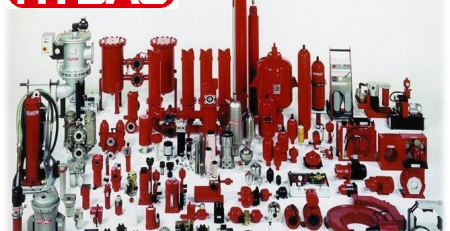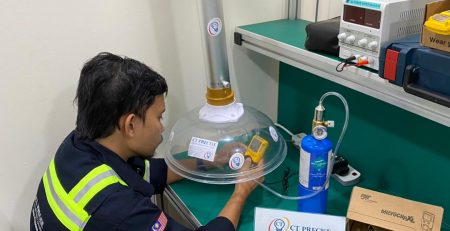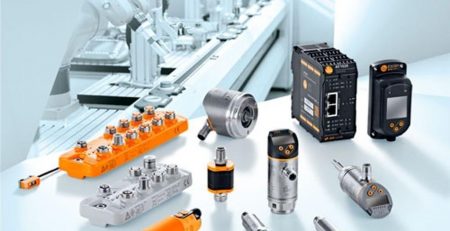Industry 4.0
Industry 4.0
The term “Industrie 4.0”, shortened to I4.0 or simply I4, originated from a project in the high-tech strategy of the German government, which gromotes the computerization of manufacturing.The term “Industrie 4.0” was revived in 2011 at the Hannover Fair.In October 2012 the Working Group on Industry 4.0 presented a set of Industry 4.0 implementation recommendations to the German federal government. The Industry 4.0 workgroup members and partners are recognized as the founding fathers and driving force behind Industry 4.0. On 8 April 2013 at the Hannover Fair, the final report of the Working Group Industry 4.0 was presented.[This working group was headed by Siegfried Dais (Robert Bosch GmbH) and Henning Kagermann (German Academy of Science and Engineering).
As Industry 4.0 principles have been applied by companies they have sometimes been re-branded, for example the aerospace parts manufacturer Meggitt PLC has branded its own Industry 4.0 research project M4.
The discussion of how the shift to Industry 4.0, especially digitalization, will affect the labour market is being discussed in Germany under the topic of Work 4.0.
What is Industry 4.0
We’re in the midst of a significant transformation regarding the way we produce products thanks to the digitization of manufacturing. This transition is so compelling that it is being called Industry 4.0 to represent the fourth revolution that has occurred in manufacturing. From the first industrial revolution (mechanization through water and steam power) to the mass production and assembly lines using electricity in the second, the fourth industrial revolution will take what was started in the third with the adoption of computers and automation and enhance it with smart and autonomous systems fueled by data and machine learning. Even though some dismiss Industry 4.0 as merely a marketing buzzword, shifts are happening in manufacturing that deserves our attention.
Industry 4.0 optimizes the computerization of Industry 3.0
When computers were introduced in Industry 3.0, it was disruptive thanks to the addition of an entirely new technology. Now, and into the future as Industry 4.0 unfolds, computers are connected and communicate with one another to ultimately make decisions without human involvement. A combination of cyber-physical systems, the Internet of Things and the Internet of Systems make Industry 4.0 possible and the smart factory a reality. As a result of the support of smart machines that keep getting smarter as they get access to more data, our factories will become more efficient and productive and less wasteful. Ultimately, it’s the network of these machines that are digitally connected with one another and create and share information that results in the true power of Industry 4.0.


 English
English Malaysia
Malaysia











发表回复